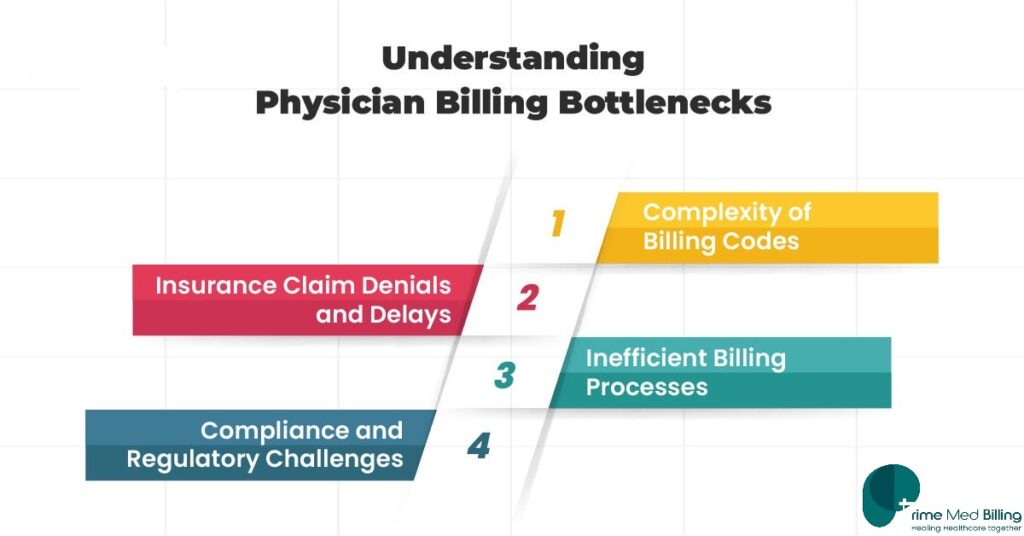
Medical billing is an intricate process that demands specialized knowledge of medical coding, billing regulations, and insurance company policies. This article delves into the essential aspects of this field, providing insights into the challenges, best practices, and the future landscape of medical billing.
Introduction
Definition of Medical Billing
Medical billing is the process of submitting and following up on claims with health insurance companies to receive payment for services rendered by healthcare providers. It serves as a crucial link between healthcare providers and insurers, ensuring financial reimbursement for medical services.
Importance of Specialized Knowledge
In the complex landscape of medical billing, specialized knowledge becomes paramount. Professionals in this field must possess a deep understanding of medical coding, billing regulations, and the ever-evolving policies of insurance companies. This knowledge ensures accuracy, compliance, and successful reimbursement processes.
Medical Coding Essentials
Definition and Purpose
Medical coding involves assigning alphanumeric codes to medical procedures and diagnoses. These codes communicate essential information to insurers, facilitating accurate and efficient billing. The precision of coding directly impacts reimbursement rates and the overall financial health of healthcare providers.
Coding Systems
Various coding systems, such as ICD-10 and CPT, are employed in medical billing. Each system serves a specific purpose, emphasizing the need for comprehensive knowledge to navigate these intricacies successfully.
Accuracy in Coding
Inaccuracies in coding can lead to claim denials or underpayment. Therefore, professionals must prioritize accuracy, ensuring that the codes accurately represent the provided healthcare services.
Billing Regulations
Overview of Billing Regulations
Medical billing is subject to a myriad of regulations governing the submission and processing of claims. Understanding these regulations is crucial to ensure compliance and avoid legal consequences.
Compliance Requirements
Healthcare providers and billing professionals must adhere to strict compliance requirements. Failure to comply with regulations can result in penalties, audits, and delays in reimbursement.
Impact on Reimbursements
Billing regulations directly impact reimbursement timelines and amounts. Comprehending these regulations enables professionals to optimize billing practices and enhance financial outcomes for healthcare organizations.
Understanding Insurance Company Policies
Role of Insurance in Medical Billing
Insurance plays a pivotal role in the medical billing process, influencing reimbursement rates, eligibility criteria, and the overall financial dynamics of healthcare transactions.
Varied Policies Across Companies
Different insurance companies have distinct policies and procedures. Navigating these variations requires a nuanced understanding of each insurer’s requirements, ensuring smooth claims processing.
Navigating Policy Challenges
Billing professionals often encounter challenges related to insurance policies, such as pre-authorization requirements and claim disputes. Strategies for navigating these challenges are essential to maximize reimbursement.
The Role of Technology in Medical Billing
Automation and Efficiency
Technological advancements have transformed medical billing, introducing automation to streamline processes and enhance efficiency. Automated billing systems reduce manual errors and accelerate claims processing.
Software and Tools
Specialized billing software and tools aid professionals in managing complex coding systems, tracking claims, and staying updated on regulatory changes. Utilizing these resources is integral to maintaining accuracy and compliance.
Challenges and Solutions
While technology offers numerous benefits, challenges such as system integration and data security must be addressed. Implementing robust solutions ensures a seamless transition to technologically advanced billing practices.
Importance of Ongoing Education
Evolving Industry Standards
The field of medical billing is dynamic, with industry standards continually evolving. Professionals must engage in ongoing education to stay abreast of changes, ensuring their skills remain relevant.
Continuous Learning for Billing Professionals
Certification programs and continuous learning opportunities empower billing professionals to enhance their expertise and adapt to industry developments. Commitment to ongoing education is key to sustained success.
Certification and Training Programs
Formal certification programs provide professionals with recognized qualifications, validating their expertise in medical billing. Investing in training programs contributes to career advancement and proficiency in the field.
Common Challenges in Medical Billing
Denials and Rejections
Claim denials and rejections are common challenges in medical billing. Understanding the reasons behind these issues and implementing proactive measures can mitigate their impact.
Handling Disputes
Disputes with insurers may arise, necessitating effective communication and negotiation skills. Resolving disputes in a timely and amicable manner is vital for maintaining positive relationships with payers.
Strategies for Overcoming Challenges
Proactive strategies, such as regular audits, process optimizations, and effective communication with insurers, can help overcome common challenges in medical billing. Implementing these strategies enhances the efficiency and success of billing processes.
Best Practices for Efficient Medical Billing
Streamlining Processes
Efficiency in medical billing is achieved through the optimization of processes. Streamlining workflows, utilizing technology, and maintaining open communication within healthcare teams contribute to a more efficient billing environment.
Ensuring Accuracy
The foundation of successful medical billing lies in accuracy. From precise coding to meticulous documentation, ensuring the accuracy of information enhances the likelihood of timely and accurate reimbursement.
Building Strong Relationships with Payers
Establishing and maintaining positive relationships with insurance companies fosters collaboration and facilitates smoother claims processing. Communication and transparency are key components of building strong payer relationships.
The Future of Medical Billing
Emerging Trends
The future of medical billing holds exciting possibilities, including the increased use of artificial intelligence, blockchain technology, and telehealth integration. Staying informed about these trends is essential for professionals looking to



